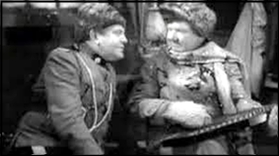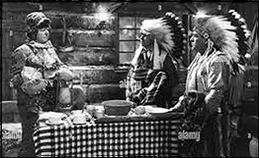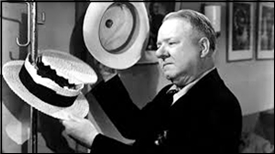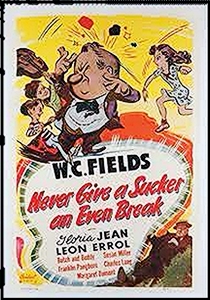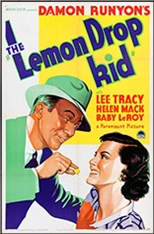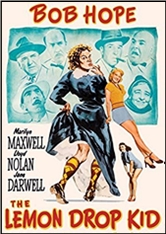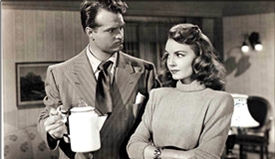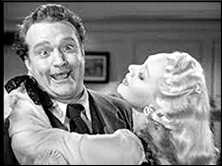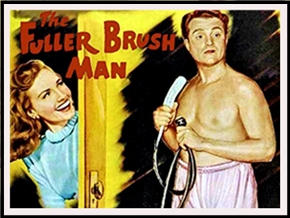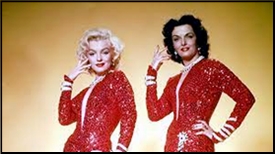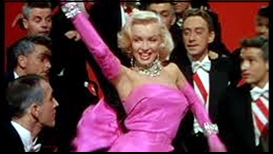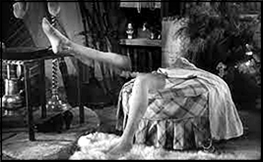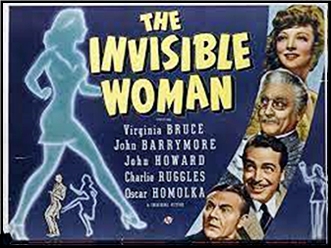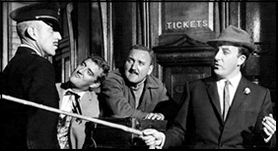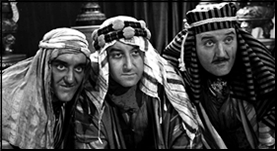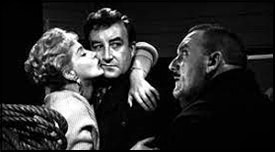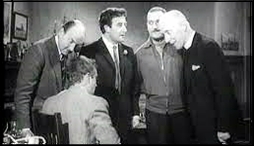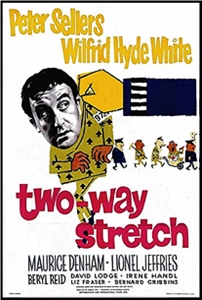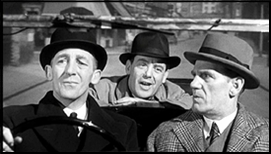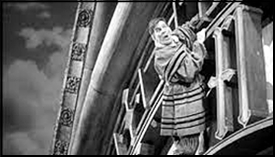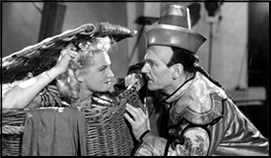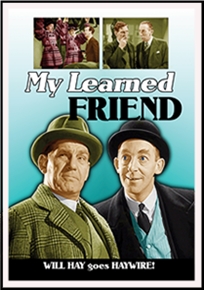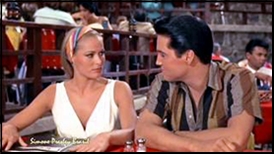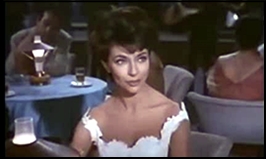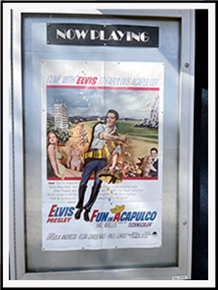Tue 6 Aug 2024
THE BOWERY BOYS: An Overview, by Dan Stumpf.
Posted by Steve under Characters , Films: Comedy/Musicals[8] Comments
by Dan Stumpf.
Speaking of The Old Days (wasn’t I?), back when I first got interested in Movies there were maybe a dozen books on the subject, mostly very shallow or abstrusely academic. A recent visit to the Library, though, reminded me how much times have changed. On fifty full shelves filled with books on movies I found detailed reference books, books devoted to single films, and a variety of carefully researched works on highly-specialized topics like science fiction serials, the “Road to” movies, Abbott Costello’s horror spoofs, and The Films of the Bowery Boys (Citadel, 1984) by David Hayes & Brent Walker.
Now I don’t recommend the Bowery Boys to anyone; the humor is crude and forced at the best of times, and at their worst, the films are so shoddy as to defy their own existence. But I find them possessed of a raw energy and persistent vision that cannot be denied, and I confess I watch them every chance I get.
The Boys started out in the New York production of Sidney Kingsley’s classic play Dead End, and when the property went to Hollywood in 1937 they went with it, where they were billed as the “Dead End Kids” in films like Angels with Dirty Faces until Warners lost interest, whereupon they took a step down to Universal as “the Little Tough Guys” for a series of “B”s and hung around for a couple of serials. In 1940 they osmosed into “the East Side Kids” at Monogram, and coalesced into the Bowery Boys in 1946, the form they remained in until the series demise ten years later.
By this time, there were only two real members of the group: Leo Gorcey and Huntz Hall, plus a changing roster of hangers-on, frequently abetted by Leo’s dad Bernard, as Louie Dumbrowski, owner of the minimalist soda shop where the boys hung out. In this universe the “Boys” – now quite middle-aged and looking every misspent minute of it – went through a series of situations frankly quite beyond their B-movie budgets, but impressive nonetheless, with romps through London, Paris, the Orient, Olde Englande, Africa ….
They were also visited by every character actor with a few free days and some bills to pay. The roster will mean little to non-addicts, but those of us who once worshipped the grainy black-and-white images think fondly of Noah Beery, Erle Blore, Hillary Brooke, Iron Eyes Cody, Lloyd Corrigan, John Dehner, Douglas Dumbrille, Douglas Fowley, Steven Geray, Billy Gilbert, Mary Gordon (from the Sherlock Holmes movies) Raymond Hatton, Percy Helton, Warren Hymer, Ian Keith (once considered for Dracula) Bela Lugosi (who got the part and ended up here anyway), Fuzzy Knight, Martin Kosleck, Sheldon Leonard, Keye Luke from the Chan films, J. Farrell McDonald, Mike (Murder My Sweet) Mazurki, Alan Napier, Sig Rumann, Dan Seymour, Lionel Stander Craig Stevens, Glen Strange, Woody Strode, Carl “Alfalfa” Switzer, Minerva Urecal, Lee Van Cleef and Clint Walker True, we remember them from much better films, but here they are nonetheless, plugging along in cinematic obscurity.
The authors somehow manage to document all this, watch the films and do research on a series to which respectable critics wouldn’t give the time of day. And, as with the Boys themselves, one must admire their perseverance.
Incidentally, one of the Bowery Boys movies actually received an Academy Award nomination, which it turns out is not exactly the same as being nominated for an Oscar, which is the basis of an amusing story which unfortunately cannot be related here.
